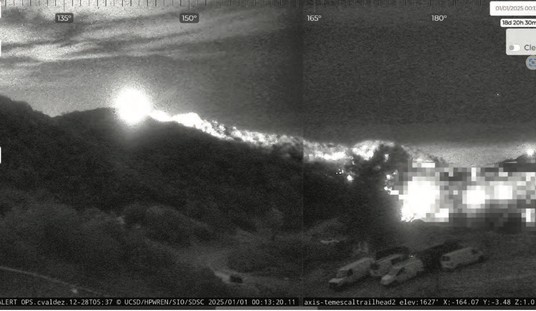First, let us go to Nilay Patel who declares “the Internet is f*****.”
After months of declining Netflix performance on Comcast’s network, the two companies announced a new “paid peering” arrangement on Sunday, which will see Netflix pay Comcast for better access to its customers, a capitulation Netflix has been trying to avoid for years. Paid peering arrangements are common among the network companies that connect the backbones of the internet, but consumer companies like Netflix have traditionally remained out of the fray — and since there’s no oversight or transparency into the terms of the deal, it’s impossible to know what kind of precedent it sets. Broadband industry insiders insist loudly that the deal is just business as usual, while outside observers are full of concerns about the loss of competition and the increasing power of consolidated network companies. Either way, it’s clear that Netflix has decided to take matters — and costs — into its own hands, instead of relying on rational policy to create an effective and fair marketplace.
Patel says the solution to this “perfect storm of corporate greed and broken government” is to declare the internet a utility and regulate the bejeebus out of it:
The corporations that control internet access insist that they’re providing specialized services that are somehow different than water, power, and telephones. They point to crazy bullshit you don’t want or need like free email addresses and web hosting solutions and goofy personalized search screens as evidence that they’re actually providing “information” services instead of the more highly regulated “telecommunications” services. “Common carrier rules are basically free speech,” says the Free Press’ Aaron. “We have all these protections for what happens over landline phones that we’re not extending to data, even though all these people under 25 mostly communicate in data.”
In a short phrase, “net neutrality.” And that would seem to solve some problems.
But at the Wall Street Journal we have Holman Jenkins who says Comcast/Netflix deal is “how the internet was meant to be.” Read:
The deal is a triumph of the Internet’s nonideological adaptability and flexibility.
Cogent Communications, a content delivery network, was getting paid by Netflix to deliver loads of content to Comcast, without any incentive to care about Comcast’s capacity to receive it.
So Comcast could either accept an unlimited obligation to accommodate whatever traffic Netflix and its intermediate partners wanted to send, however inefficiently they wanted to send it—as, in fact, happened after Mr. Hastings in September decided every Netflix customer would get its new “SuperHD” feed.
Or Comcast could resist a blank check being drawn on its network in the only way available to it—by letting traffic back up at its interconnection point until Cogent and Netflix cried uncle.
That’s exactly what Comcast did do, and the result was to create a deal where Comcast now does have an incentive to accommodate Netflix’s demands — via the healing power of cold hard cash.
It’s true that the telecoms are highly regulated. It’s also highly true that the last real innovation in landline service was the addition of call waiting back in the early 1980s. I’ll repeat: Back in the early 1980s. That’s the very definition of the “dumb pipe” Patel dreams of, with the accent on “dumb.”
The Wild West atmosphere on the internet has given us… everything, really.
That’s not to say that it can’t get better, faster, and stronger. Comcast’s/Time-Warner’s hold on the “last mile” in so much of the country can’t do anything good for pricing or for innovation. But I maintain that smothering the whole industry alá Ma Bell back in the day is hardly the answer.










Join the conversation as a VIP Member